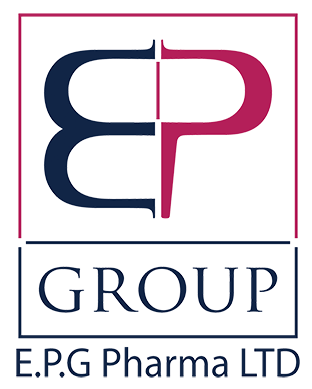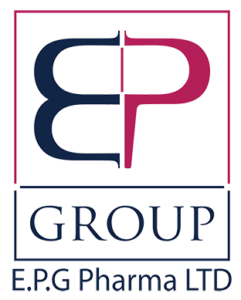REGULATORY AFFAIRS

Compliance with regulatory affairs in the pharmaceutical field is crucial for ensuring that products are safe, effective, and of high quality. Here’s a comprehensive guide to understanding and navigating regulatory compliance in the pharmaceutical industry:
1. Understanding Regulatory Bodies and Requirements
Key Regulatory Agencies
- United States: Food and Drug Administration (FDA)
- Europe: European Medicines Agency (EMA)
- United Kingdom: Medicines and Healthcare products Regulatory Agency (MHRA)
- Japan: Pharmaceuticals and Medical Devices Agency (PMDA)
- Global Harmonization: International Council for Harmonisation of Technical Requirements for Pharmaceuticals for Human Use (ICH)
Regulatory Frameworks
- Good Manufacturing Practices (GMP): Ensure products are consistently produced and controlled to quality standards.
- Good Clinical Practices (GCP): Ensure ethical and scientific quality standards for designing, conducting, and reporting clinical trials.
- Good Laboratory Practices (GLP): Ensure the quality and integrity of non-clinical laboratory studies.
2. Drug Development and Approval Process
Preclinical Studies
- Objective: Assess safety and biological activity in vitro and in vivo.
- Documentation: Prepare detailed study reports including methodologies, results, and conclusions.
Clinical Trials
- Phases I-III: Conduct trials to test safety, efficacy, dosage, and side effects in humans.
- Regulatory Submissions: Submit an Investigational New Drug (IND) application or Clinical Trial Application (CTA) to regulatory authorities before starting clinical trials.
Marketing Authorization
- New Drug Application (NDA) / Marketing Authorization Application (MAA): Comprehensive documentation of all preclinical and clinical data, manufacturing processes, labeling, and proposed use.
- Review Process: Authorities review the submission for safety, efficacy, and quality before approving.
3. Manufacturing Compliance
Good Manufacturing Practices (GMP)
- Facility Design: Ensure facilities meet regulatory standards for hygiene, safety, and operational efficiency.
- Standard Operating Procedures (SOPs): Develop and implement SOPs for all manufacturing processes.
- Quality Control and Assurance: Conduct rigorous testing and quality checks at every stage of production.
- Documentation: Maintain detailed records of all manufacturing activities, deviations, and corrective actions.
4. Post-Market Surveillance
Pharmacovigilance
- Adverse Event Reporting: Implement systems to detect, assess, understand, and prevent adverse effects or any other drug-related problems.
- Risk Management Plans (RMP): Develop and maintain RMPs to identify and mitigate risks associated with the drug.
- Periodic Safety Update Reports (PSURs): Regularly submit safety update reports to regulatory authorities.
5. Regulatory Submissions and Communications
Electronic Submissions
- eCTD (Electronic Common Technical Document): Use eCTD format for submitting regulatory documents electronically to streamline the review process.
- Maintenance of Submissions: Ensure timely updates and maintenance of regulatory submissions throughout the product lifecycle.
Regulatory Intelligence
- Stay Informed: Keep abreast of changes in regulations and guidelines through regulatory intelligence activities.
- Engage with Authorities: Maintain open communication with regulatory bodies, including attending meetings, responding to queries, and participating in industry consultations.
6. Training and Education
Continuous Training
- Employee Training: Provide regular training for employees on current GMP, GCP, and GLP standards and regulatory requirements.
- Professional Development: Encourage ongoing professional development and certification in regulatory affairs.
7. Global Compliance
International Standards
- Harmonization: Adhere to guidelines from ICH to ensure global regulatory compliance.
- Export Compliance: Understand and comply with the regulatory requirements of all countries where the product will be marketed.
8. Legal and Ethical Considerations
Ethical Conduct
- Clinical Ethics: Ensure all clinical trials are conducted ethically, with informed consent from participants.
- Marketing Practices: Follow ethical marketing and promotion practices to avoid misleading claims about the product.
Legal Requirements
- Patents and Trademarks: Ensure all intellectual property rights are protected and comply with patent laws.
- Data Privacy: Comply with data protection regulations like GDPR in Europe to safeguard patient and clinical data.
By diligently adhering to these guidelines and maintaining a proactive approach to regulatory affairs, pharmaceutical companies can ensure compliance, mitigate risks, and successfully bring safe and effective products to market.

